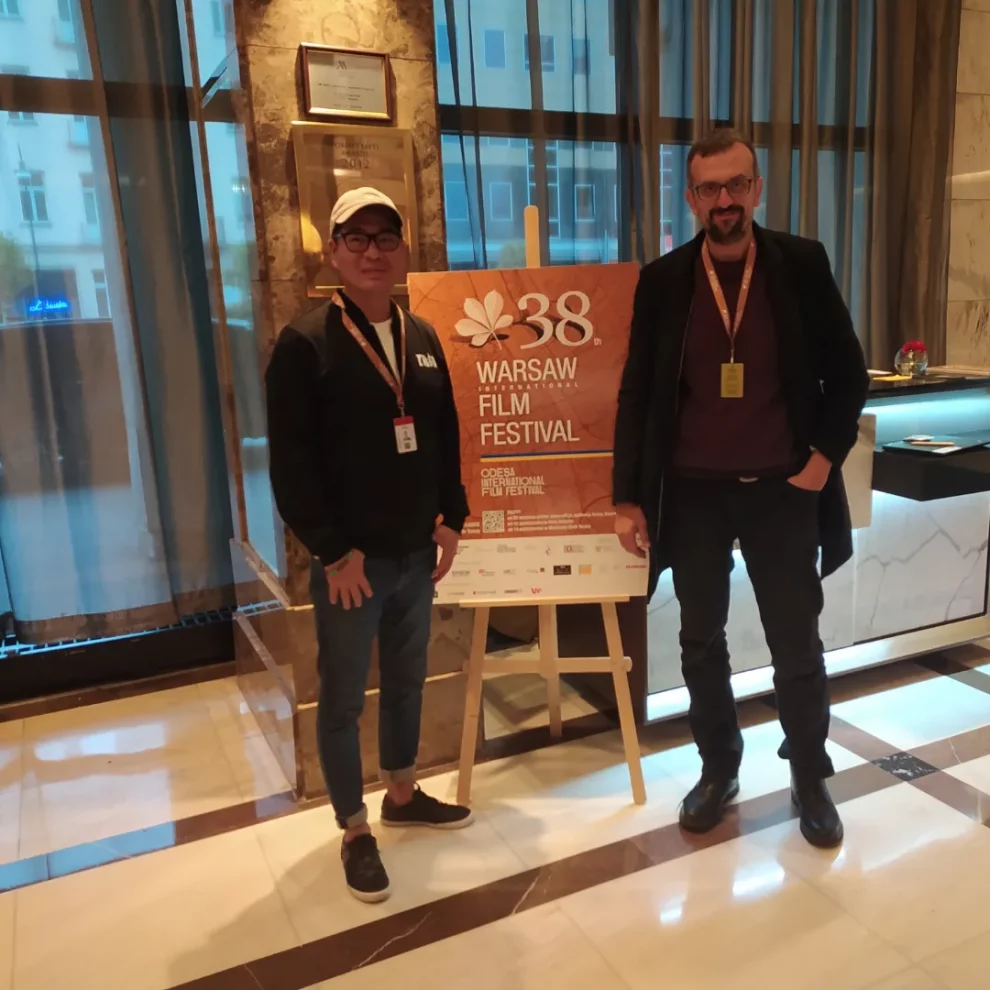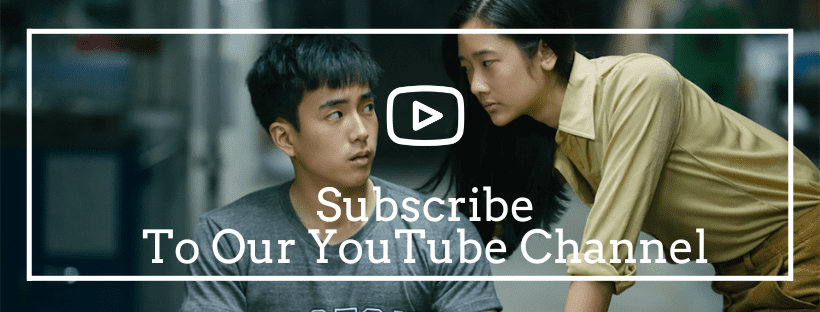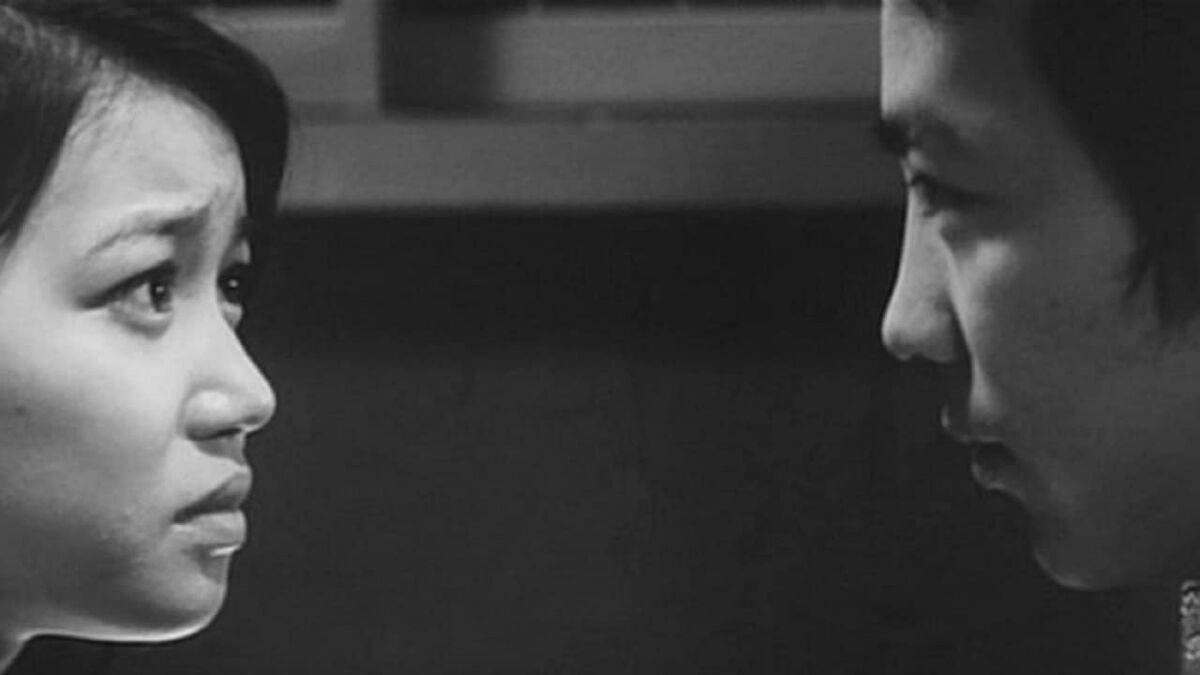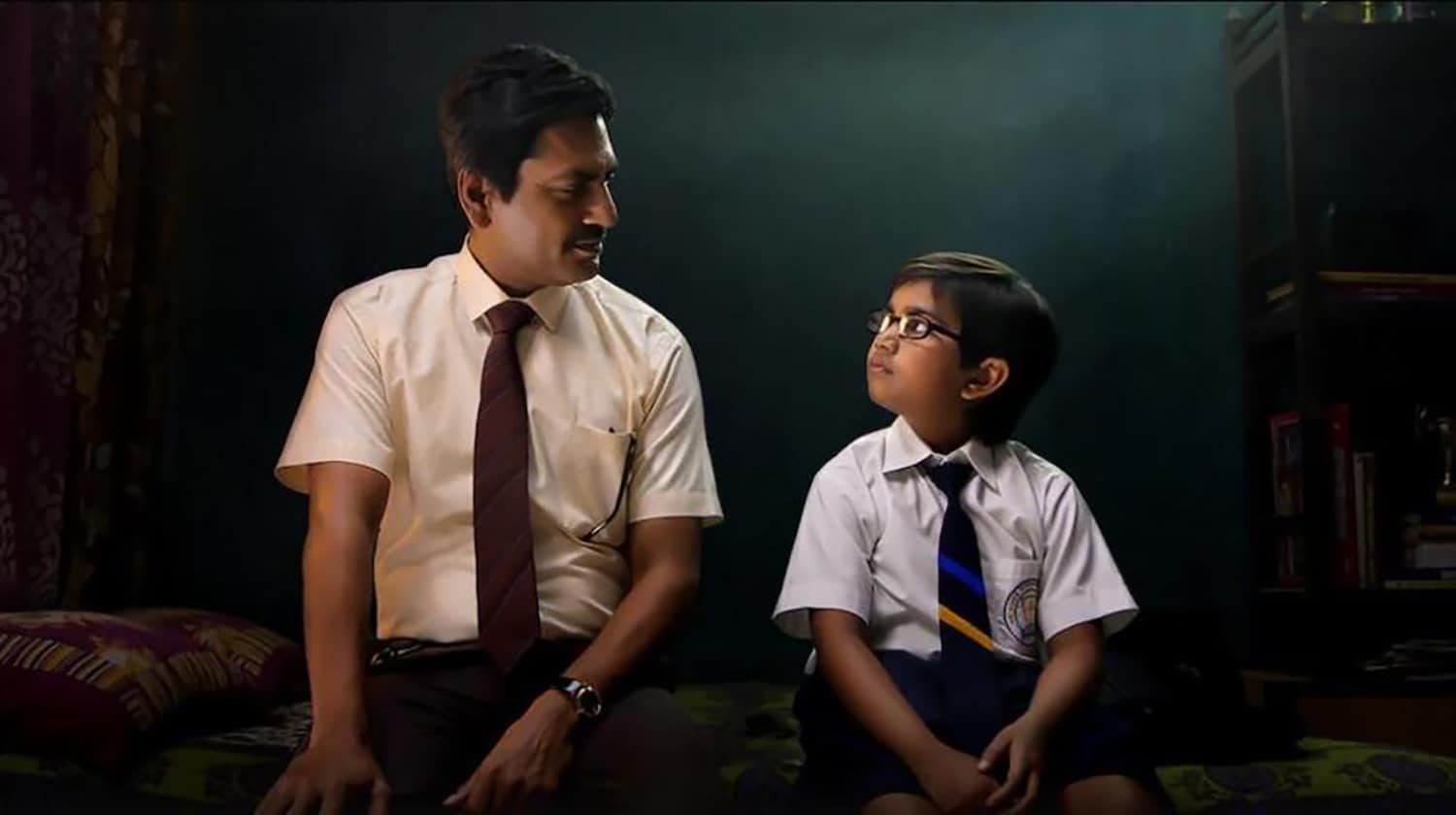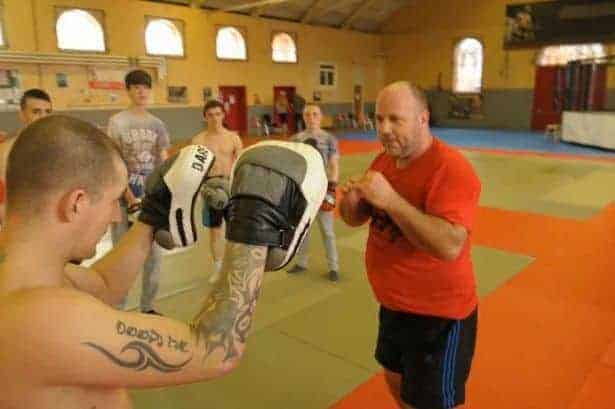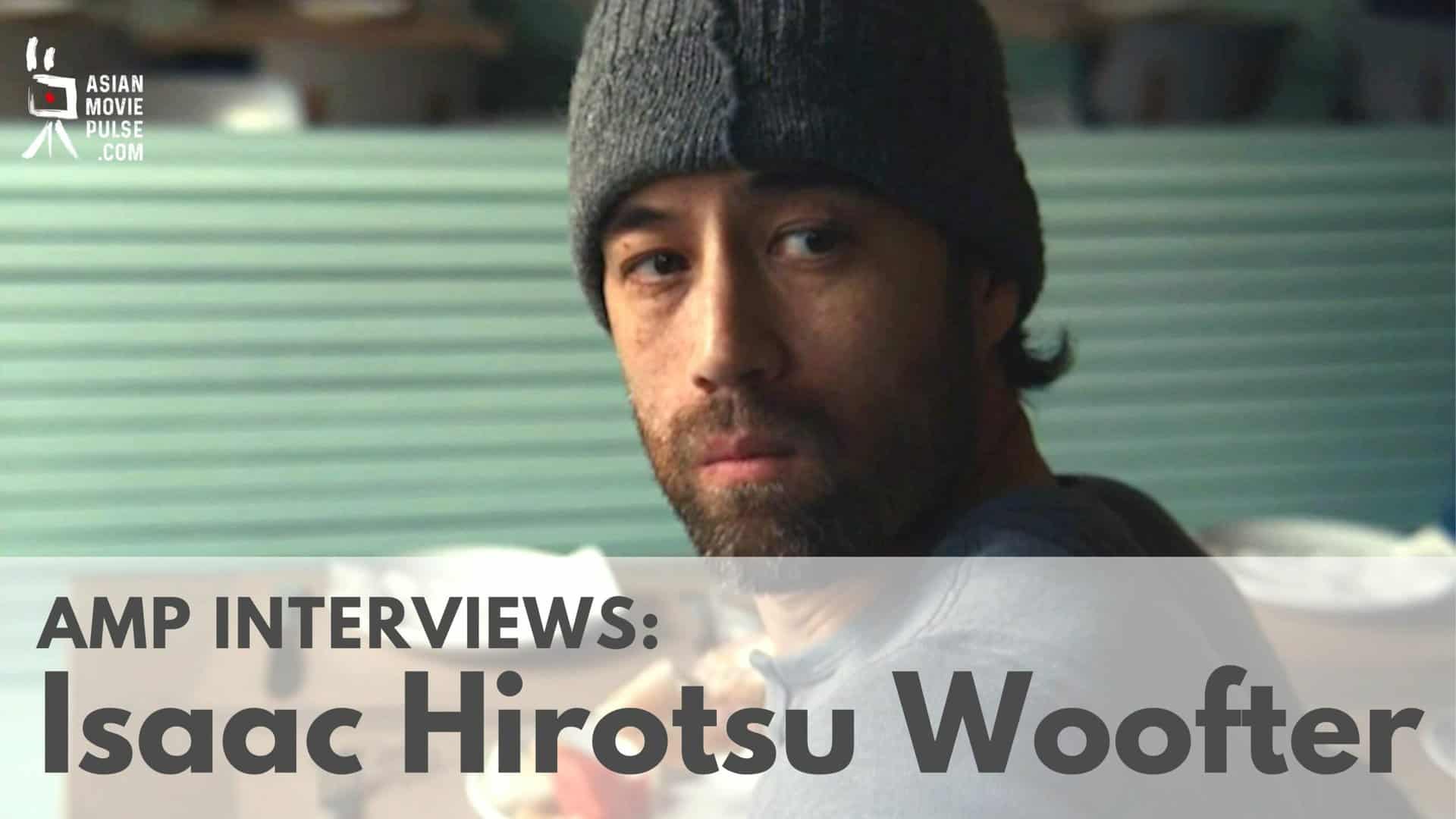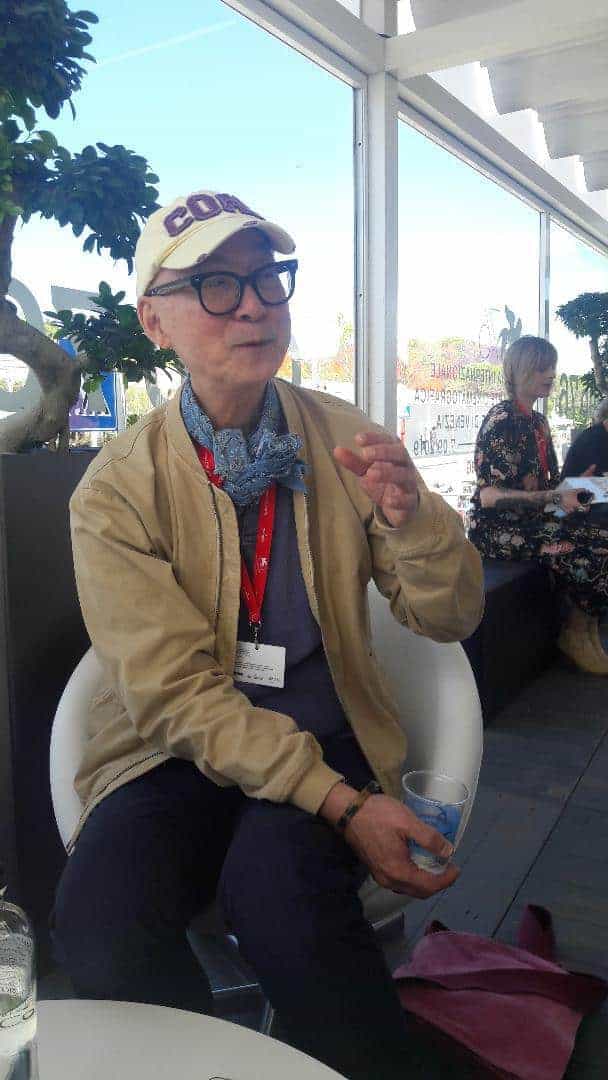Ganzorig Vanchig is a first time producer and the founder and chairperson of the Mongolian Down Syndrome Association. “Trio” is his first job as a producer.
On the occasion of “Trio” screening at Warsaw Film Festival, we speak with him about producing for the first time, the combination of themes on Down Syndrome and the disappearing ancient Mongolian rituals, Mongolian cinema and many other topics.
Trio screened at Warsaw Film Festival
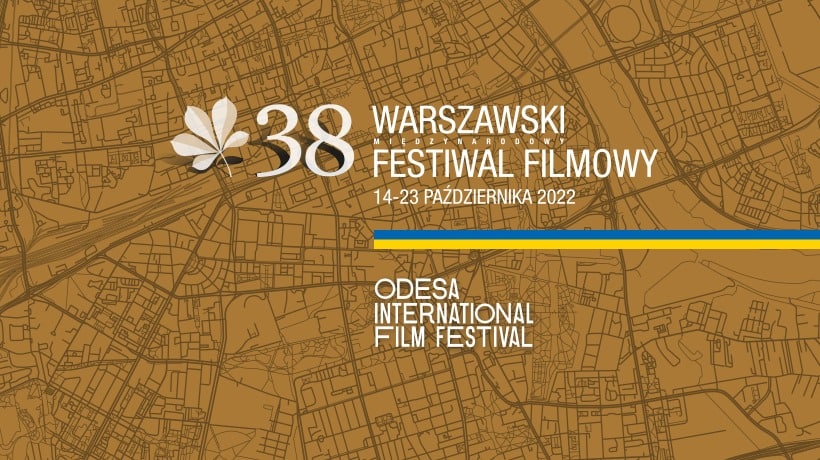
Since this is your first time producing a film, could you tell me how you got involved?
I am the founder and chairperson of the Mongolian Down Syndrome Association, because I have such a son, who is now 20 years old. So you can imagine that 20 years ago, nobody knew anything about the syndrome, there was no professional health service, no specialists etc. Then I realized that I should not rely on the government or someone else, but I had to do something on my own. I started an NGO and started activism. In the last 20 years, I have done quite a lot of work training, lobbying, lawmaking etc, but it is not enough to convince the whole general public. Then I realized that art and movies are two of the most powerful tools to influence people, to change their mind. Then I came across this movie theme and then we worked on the script and tried to combine a lot of serious topics like nomadic culture, inequality and Down Syndrome and national identity. We thought that these things should be presented through one person with Down Syndrome and through this actor, we should expose the real situation in Mongolia. Actually, not only in Mongolia, but globally. That is how I joined this project.
But the main actor does not have Down Syndrome, right?
The young child does, but the main actor, no. He is a very well-known actor in Mongolia, he has played in more than 40 films and dramas, but this is the first movie he directs. That is why he is competing in Warsaw in the 1-2 competition. This movie is everyone's debut (laughter)
Was it difficult to make the movie then, since it was the first time for many of you?
Yes, it wasn't easy, but the good thing is we are full of passion and energy, because when we united our team and started this project, we did not consider making money, or having a commercial project a priority. Money is number 30 in our priority list, maybe even number 100. Our first priority was to make a really nice drama and art house movie, and to deliver our messages through this movie to the world. We did not face much trouble in that person, but when we wanted to submit the film to festivals, we realized we knew nothing about it, and it took some time to explore what kind of films are screening around the world, which one is A category, what are the requirements for submission, etc. After a couple of months, we understood that everything is in English and this is the way to communicate and especially Stefan Laudyn, the director of the Warsaw Film Festival, helped a lot professionally-wise. One day a few weeks ago we got an email from Poland, informing us that we were selected in this competition and we were so happy about that. We drank beer and celebrated.
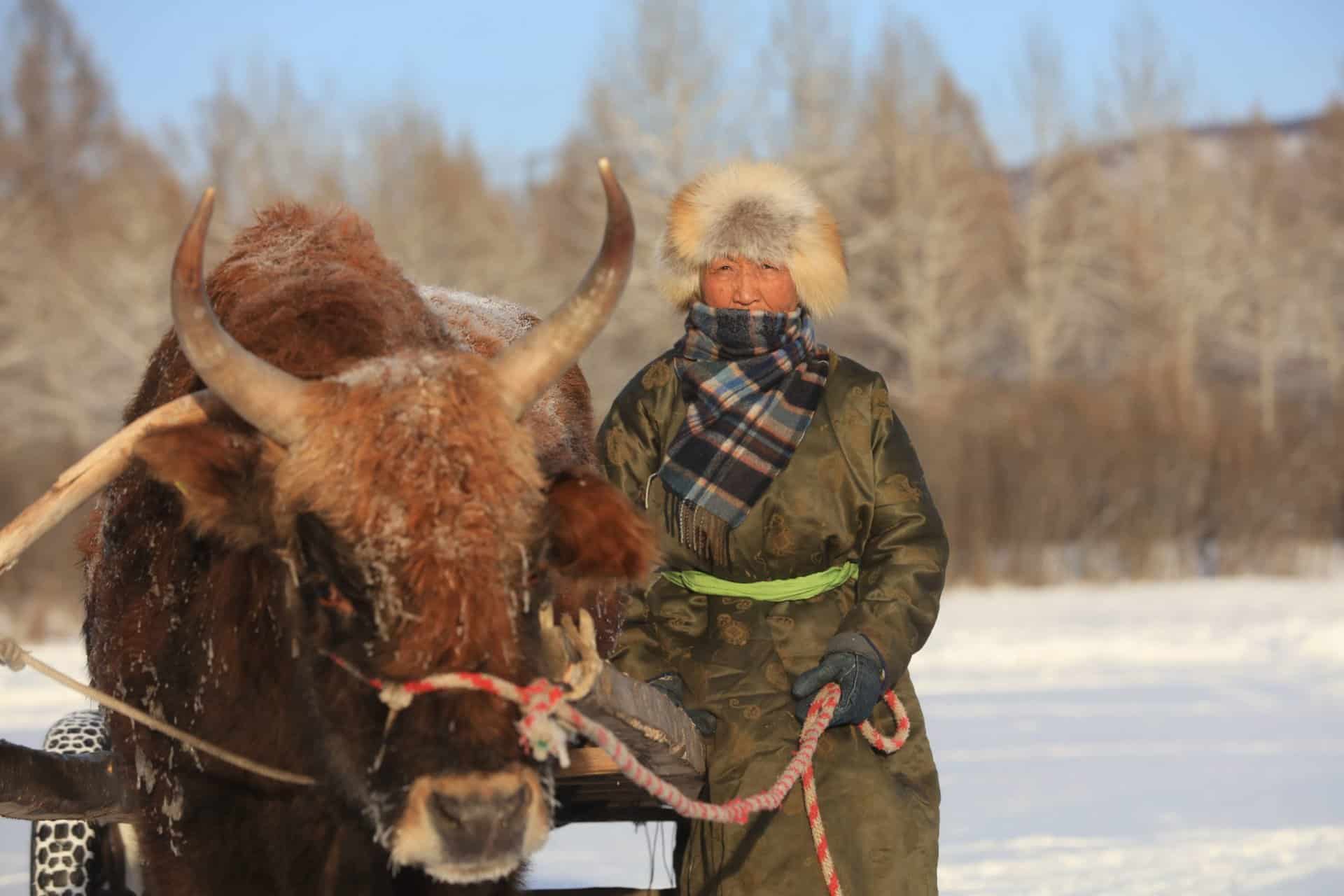
So, Warsaw is the first international festival for the film?
It is actually the third festival. The first one was the International Thai Film Festival, but that was conducted virtually. We got an award for Best Feature Film there. The second one was the Palm Springs International Down Syndrome Film Festival, in the United States, where we got a prize for Best Cinematography. Warsaw is the third one. Fourth one is in Ulaanbaatar which finished tonight (October 23). I was awarded as Best Producer there.
Congratulations!
(laughter) However it is a new thing, but our team's spirit was based on human values, human rights, to fight against discrimination, to promote this inclusion. There were barriers, but not for us, we blew past the barriers.
Can you tell me a bit about the research the protagonist did for the role. Because he is really convincing as a person with Down Syndrome
The Mongolian Down Syndrome Association is an NGO, so we partnered on this project. All the group of the team and the kid with Down Syndrome, his parents. The director and lead actor spent a couple of months with the kids, even before and during the shooting of the movie. We have this special school in Ulaanbaatar, and there was a teacher there, and she helped a lot. Battumur spent a lot of time with the kids and interacted with them. He tried to learn how they behave, what their uniquenesses are, and their advantages and disadvantages. We spent quite a lot of time on research. Also I worked as a consultant and also other members of the Down Syndrome Association as well as the teachers from this special school, they worked or supported us as consultants.. Then together, the kids with Down Syndome stayed in the country in remote areas for a couple of weeks, only two or three of them. Step by step, they got used to it. That is why they spent time together, and then eventually they became friends with Battumur. It took some time, but the result was good.
Are there still people who think that you can get Down Syndrome from another person, as the movie shows in the school scene?
There are still people who underestimate those with Down Syndrome. I don't think it is their fault, I think it is actually our fault, the Down Syndrome Association's fault. Because we have to provide the correct information to the public. Otherwise, people without the knowledge, have no idea. That is why we understood that our association and other parents, we have to be educated about the Syndrome and have to tear out our mask, we have to be ambassadors of Down Syndrome and to provide the right knowledge to society. Otherwise, unfortunately, most of the people will not accept their own children. They try to lie to them, insisting that their kids do not have Down Syndrome. This kind of behavior is actually killing their kids, they cannot go to school or play with other kids. That is the big barrier in Mongolia, and not only in Mongolia, in most of the countries actually. That is why I want to deliver these messages to the world, please accept each other's differences, it does not matter if it is Down Syndrome, sexual orientation or AIDS, different country, different religion. We are all different from each other, we are unique. This uniqueness is not a bad thing, we have to accept each other's uniqueness and each other's differences.
Can you give me some details regarding the burial rituals we see in the film?
I would like to stress one thing here. I was a bit cautious of having too much of this ritual, this religious concept, because I know it could be misinterpreted in some countries, especially in Muslim and Christian countries. But, we decided to keep it because traditional Mongolian religion, Buddhism, has been around for hundreds of years. But unfortunately, around the beginning of the 1930s, the Russians, Stalin, massacred all of the elite people in Mongolia, they killed more than 40.000, the monks, the academia, teachers, doctors and all the well educated people. So Buddhism came down, because there was nobody left. Then Mongolians as a nation, did not have a deep value to believe in. Then communism came and during communism, we did not have the right to have the religion, we did not even have the right to speak about Genghis Han, our Grand Han. It was prohibited, you could go to prison for talking about him. After Perestroika in 1989, we opened up our system and shifted from communism to democracy, to market economy. Then things started coming back, our religion, our pluralism, our deep values. At that time, Buddhism was in big trouble, because there was no successor, no institution with memory, everything was wiped out. Then all the young people started thinking that we should bring back our traditional values and religion. Nowadays, if you saw, two monks who were consultants for the movie came with us in person in Warsaw, which is a huge honor for us. They helped us with a lot of the details regarding the ritual in the movie.
The second point is that nomadic culture is directly connected with Buddhism, because we both respect the mother land and the sky and the whole environment, and that is the special assignment you see the monk in the movie perform. Before he gets his degree, he has to go all around the nation doing good deeds. This type of rituals are now almost completely forgotten, even I, who I am Mongolian, was surprised. These rituals are now prohibited in cities, but still take place in remote areas, in the countryside far away from the centers, by nomadic people, who still perform these open air burials. I am sure that in 10-20 years time, they will disappear because of urbanism and globalization. As a producer as a director, our legacy is to make a movie about this disappearing culture, so later on, our kids and grandkids can see and realize that these rituals existed, they are their legacy. That is why we included these aspects in the movie.
Why did the mother of the protagonist give her daughter up for adoption?
With what happened with the kid in the school, she got scared of discrimination. She wanted her son to live peacefully without any discrimination, that is why she left her town. At the same time, she really wanted to take care of her daughter, that is why she gave her up for adoption. So the two of them live in this remote area, where there is no discrimination.
Would you say that people with Down Syndrome can live by themselves?
All around the world, more than 90% of them cannot live independently. However, this is a movie, so at the end, the protagonist is leaving his sister, his family and he is living alone back at home. But you see that there is smoke in the yurt, it means that somebody is living there, independently. That is a sign, that symbolically, he can leave alone, and these people could leave alone, if we provide equal opportunity, that is the message. We did not want to end the movie with him dying or getting dependent on his sister, we tried to leave the conclusion to the audience.
Can you give me some details about the cinematography?
That was huge work and we did all these shootings during Covid lockdown in Mongolia. Therefore, the shooting continued for more than two years, and we tried to capture the four seasons, Mongolia actually has four seasons. We had to shoot in five different provinces and it was not easy. Because the lockdown forced us to rush before and after the lockdown and we spent months and months shooting. There were some places with no electricity, total wilderness, no people for 10-20 km radius. Lots of volunteers worked, nomadic people from the countryside and our friends and some partners. We had a diesel motor and we used that (imitates the sound of the motor while laughing). It was a good challenge but at the same time, it was fun.
How much did the film cost?
Roughly around $400,000.
How was the reception of the audience in Warsaw?
Wonderful. I didn't really expect the reaction from the international audience, because we have a very different, unique culture, different religion. It was amazing, a lot of people cried. The first day of the screening there was a Polish lady who came with her mother, and she is paralyzed and barely spoke, but she told us that it is very important that we touched this topic of the movie to deliver such an important message to people. Not only on the Mongolian's case but all around the world. She cried and the mother translated and I felt overwhelmed by her reaction. In the second screening, a lot of critics came to watch the movie, and they asked very deep questions about religion and philosophy, nomadic culture and some of them, after the movie, even practiced meditation with the two monks that are with us here. They sent me the video and I was really surprised.
Do you watch a lot of movies?
Yes, of course. Especially during the pandemic lockdown, I became a friend of Netflix. I like Hollywood action movies and also, in the last few months, I really started admiring Korean movies. Not only regarding the quality of the production, but also for the script writing.
What is the situation with Mongolian cinema nowadays?
I think it is growing. Mongolia is a small nation in terms of population, we are just about 3 million people. Almost 70% of our population are people under 35. So we are a very very young nation, therefore we are very active in cinema and arts in general. If you see the box office in Mongolia, the revenue of the local films is always higher than the foreing films. So we have a certain room to play, but our ambition is not only to work in Mongolia, but to really touch these regional issues, and the war in Russia and Ukraine. What is the common value of humankind? Could we all enjoy the common values of democracy, human rights, safety and security, good food, health, good education?. We have to touch on this kind of topics and we cannot stay just about being Mongolians, we have to contribute something towards global society, to contribute something back to the Polish people for example, back to the Africans, the Australians. Our team has such a concept and after having this kind of success in Thailand and the US, our team received a couple of project offers. We are discussing it within our team, and maybe next year we pick a new project.
Will you work as a team again, with the same crew?
I think so but I am not confident enough myself, because my background is in finance actually, in branding and marketing communications. Somehow it is connected, because we have to deliver messages also. It depends on the script I think, I will read the script and then I will decide. I am not a professional so that is why I am a bit reluctant to take on a new project, since it is essentially a fulltime job.
Can you sustain yourself financially as a producer?
It is tough. Sustainability in Mongolia is tough. If we work really well, we can cover all the costs and some additional costs in a maximum of one or two years. Because we have a very small market. That is why we aim at international markets.
Is there anything else you would like to add?
You may know that most of the English speaking countries like Europe and North America, when you call someone Mongol, it has a negative meaning. Still, unofficially, the words Mongol, Mongolism, Mongoloid are being used with this negative meaning, because of the relation with Down Syndrome. Many years ago, in the thirteen century, the Mongolian Empire reached Europe and maybe, at that time, European people met Asians for the first time and maybe Down Syndrome was discovered, and because of the facial difference, they connected the two. But now we are in the 21st century so we have to stop this misuse of this word, referring a whole nation in a negative way. This is also our ambition through this movie. For this purpose, I have already started talking with the United Nations. There is a Down Syndrome World Day on 21st of March every year. So maybe next year in March, we will have a special screening and a special panel about Down Syndrome and the misuse of this word. As citizens of Mongolia, our legacy is also to terminate this misuse of the world, globally.
Do you think that cinema is a good “tool” to communicate messages like this?
I think so because nomadic culture, religion etc are unique for most of the international audiences, except Central Asia, which means that now, my feeling is that most of the directors and filmmakers are looking for something different, and this movie is different. We tried to be original, of course everybody wants to make a good film, but most try to imitate, copy others' original ideas. That is not good obviously so we did not do that, we tried to be original, authentic. That is our uniqueness and I hope that the World Premiere went very well here in Warsaw and that in the next months, international markets and audiences will welcome us. Fingers crossed (laughter)
I would like to say one more thing, to summarize what I have said. The first key message we would like to communicate is human rights, what is the value of human rights. Anybody, whether they are a single parent, or live in remote areas, he or she has a right to live, to have good education, food etc. The second one is that we have to accept each other's differences, regardless of disability and different opinions, values and also racial equity. Our motto in the film is “Leave no one behind”. The third is that we tried to show that Mongolian nature is beautiful, you saw in the movie the lakes, the mountains, and we still retain this nomadic culture, which means that for tourists who come to Mongolia for the first time it is a fantastic experience, a whole new world. Please visit Mongolia, we will welcome you! The fourth is touching on the issue of Down Syndrome. Our movie is the first in Mongolian industry to feature a real kid with Down Syndrome, and the first time touching this topic. This is the uniqueness of our movie, but the reaction is really really good. After seeing the movie a lot of parents realized that the kids with Down Syndrome are not so different from others, so now they feel that they can take their kids outside with them. Last thing, as I mentioned before, is to terminate the misuse of the word Mongol globally.


